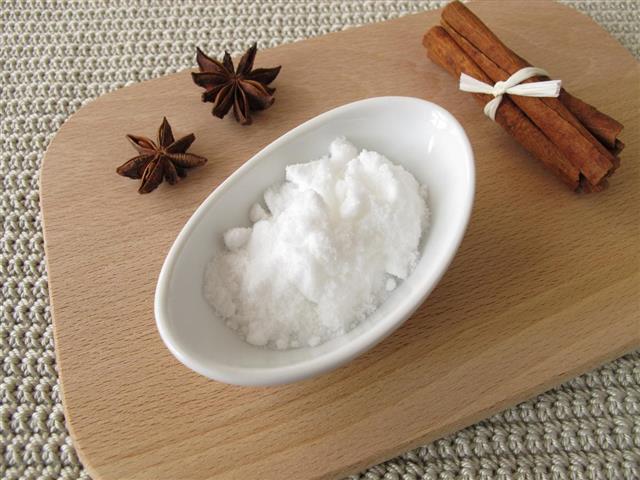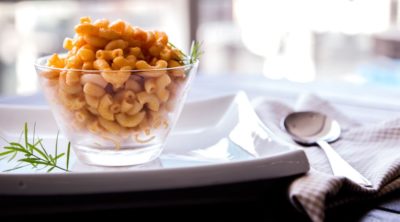
Being flaky and coarse, kosher salt is not preferred for some types of cooking. The degree of saltiness does not vary between kosher salt and its substitutes. After dissolving in water all salt taste the same. The difference is the size, texture, and nature of grains. Same measurements may not work, because each type of salt is available in different grain sizes.
Kosher salt is not a ‘kosher’ food. Usually, this salt is used for koshering meat, and hence the name!Salt is an essential nutrient, and saltiness is one of the basic tastes. Edible salt is available in different types, like sea salt, rock salt, Celtic salt, iodized salt, kosher salt, and table salt. They differ in flavor, texture, method and degree of processing, and source.
Salt is obtained through mining of salt mines or by distillation of sea water. The raw salt is refined and sometimes processed to produce the different types of edible salt. Some types of salt are different, due to the place of its origin. For example, Celtic salt is produced from the waters of the Celtic Sea marshes in Brittany, France, through solar evaporation. Kosher salt is one of the commonly used forms of salt.
What is Kosher Salt?
As compared to table salt, kosher salt has a larger grain size, and is sold as flakes with large surface areas. It can be made from sea water or from salt mines, and has a mild and bright flavor. As its flakes have large surface areas, they stick to meat chunks, thereby drawing out more liquids and blood. This method is called koshering.
Kosher salt is said to be free of additives, some brands do contain anti-caking agents. In some regions, this salt is inexpensive, as compared to iodized table salt. When compared to the free-flowing table salt, kosher salt can be easily picked in between the fingers. So you have control over the measurement.
Kosher salt is preferred to table salt for pickling, canning, brining, and in marinades and spice rubs. It is also used for rimming margarita glasses. Kosher salt is not preferred for baking, unless the other ingredients have enough liquid content to dissolve the salt flakes completely. In case you run out of kosher salt, you can use the substitutes given below.
Alternatives to Kosher Salt
Table Salt
This is one of the easily available replacements for kosher salt. However, keep a tab on the measurements. If the recipe calls for a teaspoon of kosher salt, use ½ to ¾ teaspoon of table salt. If you measure by weight, use equal amounts. The size of the flakes may vary with different brands. So the measurements have to be adjusted accordingly.
Sea Salt
In some cases, table salt is not preferred as a replacement for kosher salt. For example, table salt is not usually used for pickling. In that case, you may substitute coarse sea salt for kosher salt. As sea salt comes in coarse grains, an equal amount can be used for substitution. Sometimes, you may require a slightly lesser amount of sea salt. Again, the measurements depend on the size of the flakes and grains.
Pickling Salt
This is an ideal option, if you need the substitute for pickling and canning. For every teaspoon of kosher salt, you can use 1¼ to 1½ teaspoons of pickling salt. It can also be used for koshering meat. Otherwise coarse sea salt is ideal. For fermented pickles, you need to replace kosher salt by weight. For 220 grams of kosher salt, use a cup of pickling salt.







